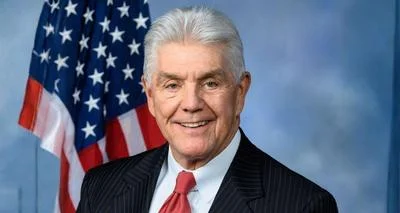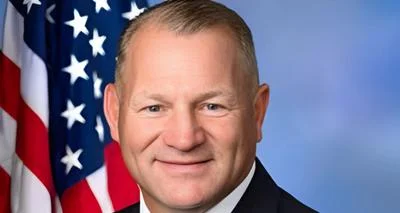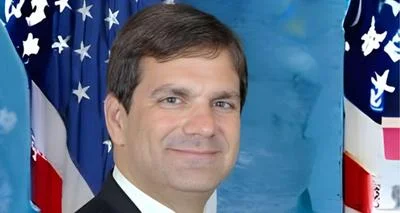Washington, DC -Below is Chairman Gerald E. Connolly’s opening statement, as prepared for delivery, for today’s Subcommittee on Government Operations hearing on “Effects of Vacancies at the Merit Systems Protection Board."
Two years into the Trump Administration, the President has still not filled half of the top posts in the federal government.
According to the Partnership for Public Service, of the 705 key executive branch positions requiring Senate confirmation, only 431 positions are currently filled. More than 40 percent of Senate-confirmed positions at the Departments of the Interior, Justice and Labor remain unfilled. President Trump has not even nominated individuals for 149 top posts in the federal government, and the Republican Senate has not acted on 126 nominations awaiting confirmation.
Keeping vacancies open at the top of key federal agencies could be exploited as an expedient way to circumvent Congress and its confirmation process. In fact, President Trump recently said that he is not in a rush to name permanent members to his Cabinet, stating, “Well, I’m in no hurry. I have ‘acting,’ and my actings are doing really great. I sort of like ‘acting,’ it gives me more flexibility."
However, a failure to adequately staff the federal government can cause real harm. One example of an agency where vacancies impair the mission of the agency is the Merit Systems Protection Board (MSPB), a small agency that was established by Congress to protect merit principles and help ensure a nonpartisan federal workforce.
Since January 7, 2017, the agency has been hobbled by two vacancies on its three-member board, leaving it without a quorum. This is the longest absence of a quorum in the history of the MSPB, and unlike other agencies, the vacant seats at the MSPB cannot simply be filled by an individual in an acting capacity.
The sole remaining member of the MSPB is one of our witnesses today. Mark A. Robbins was confirmed by the Senate in 2012 for a term that expired in 2018. He continues to serve in a one-year carry over term, which will expire at the end of today. Once his term expires, the MSPB will be left without any board members. If the MSPB is left without any principal officers, it is unclear which functions employees of the agency can continue, and which would need to be suspended. It is clear, however, that whistleblowers will lose, because the Office of Special Counsel will no longer be able to obtain a stay of retaliatory actions taken against them.
There are two ways to avert a member-less Board: either the Senate could confirm nominees, or Congress could pass a temporary extension of Mr. Robbins’ term.
Unfortunately, the Senate leadership opted not to allow the full Senate to confirm the Republican and Democratic nominees who have cleared the Senate Homeland Security and Governmental Affairs Committee, until the President nominates a third individual.
But earlier this week, the House passed H.R. 1235, a bill offered by Chairman Cummings and myself to temporarily extend Mr. Robbins’ term for one more year. Unfortunately, the Senate failed to debate or vote on the Cummings/Connolly bill.
As a result, at 5 p.m. today we will enter unchartered territory: the Board will be member-less for the first time in its 40 year history.
The last two years of vacancies at the MSPB have also been unprecedented, and they have impaired the agency’s mission.
The absence of a quorum has prevented the Board from hearing final appeals of adverse agency actions, such as terminations, suspensions in excess of 14 days, reductions in grade or pay, reductions-in-force actions, denials of restoration of reemployment rights, OPM determinations in retirement cases, and Hatch Act violations, among other things.
The MSPB has also been unable to hear appeals of wrongful terminations and retaliations against whistleblowers. That means that the MSPB is unable to enforce the law that this Committee, and Congress, passed to protect the brave individuals who alert us to waste, fraud, and abuse.
According to Tom Devine, the legal director of the nonprofit Government Accountability Project and one of our witnesses today, the current situation “is disastrous for whistleblowers."
The lack of a quorum has also resulted in a backlog of 1,975 cases, according to documents MSPB produced to the Subcommittee. Acting Chairman Robbins has reportedly said that eliminating the backlog “will take, at a minimum, three years to process." That is a clear example of Justice delayed is Justice denied.
The vacancies of principal officers at MSPB are untenable. Federal employees deserve to have their appeals heard by the Board; employees of MSPB deserve to work at a fully functioning agency, and taxpayers deserve to have their government capable of carrying out the nation’s laws. President Trump’s vacancies stand in the way of each of these missions.
I look forward to taking a careful look into the issues and drawing attention to the importance of a fully operational Merit Systems Protection Board.








